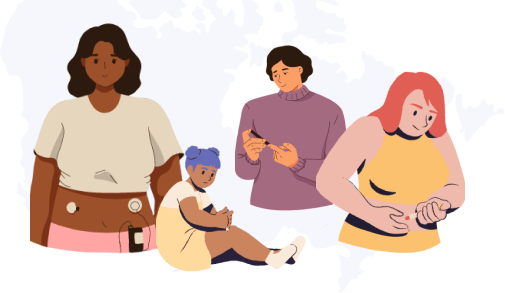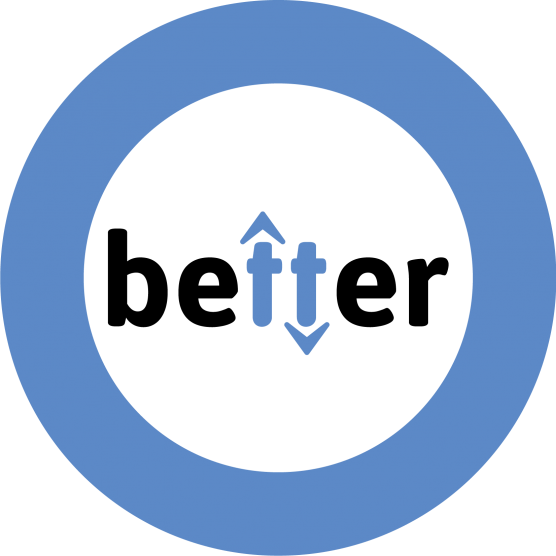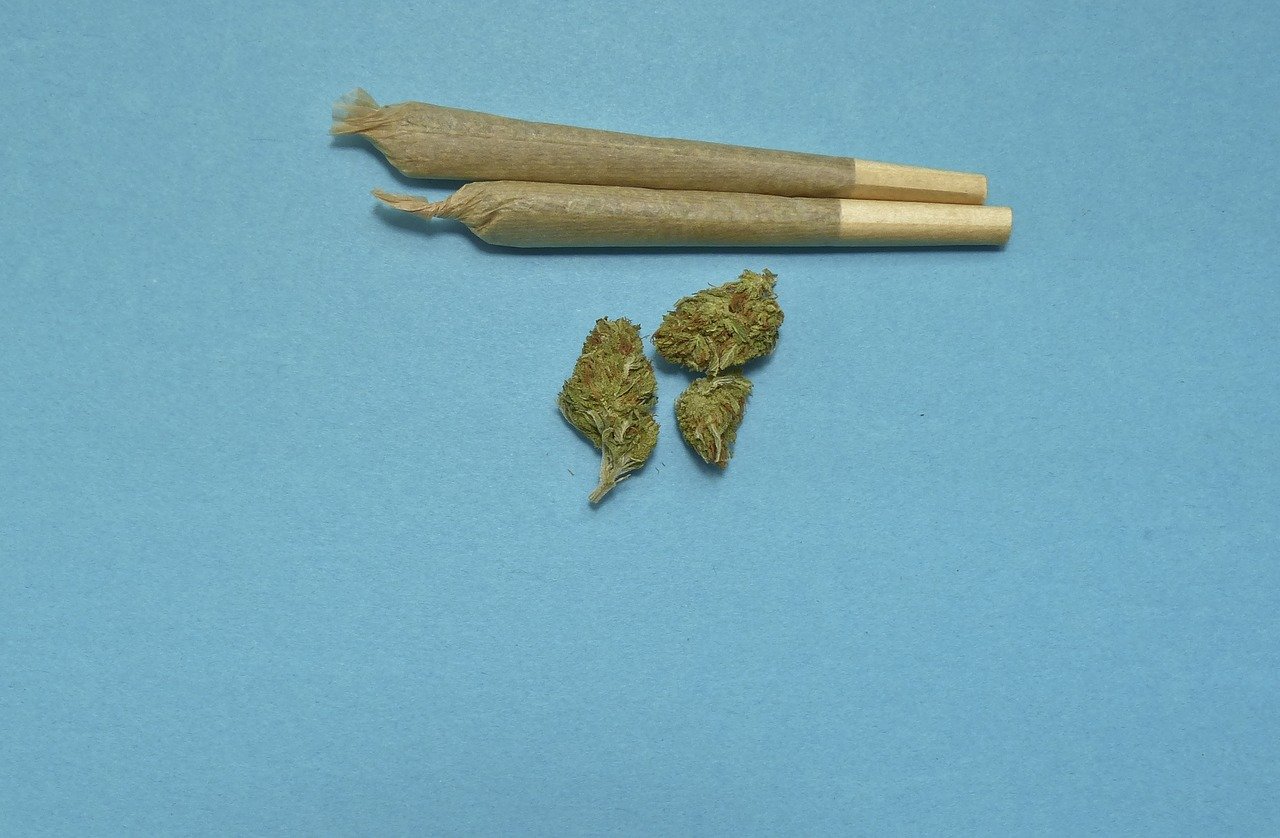The effects of cannabis (or marijuana) use in people with type 1 diabetes (T1D) are still largely unknown. However, several research teams are starting to look into them.
Depending on its composition, cannabis can cause the following short-term effects to all users: alteration of perception and coordination, memory loss, cloudy decision-making, increased appetite, and delayed reaction time. All of these effects can directly affect how you manage your diabetes.
It impacts blood sugar monitoring
If you have T1D and use cannabis, you risk overlooking your blood sugar levels or miscalculating your insulin dose. In either case, you could end up in hypoglycemia or hyperglycemia.
Cannabis can also alter your perceptions, which means that you wouldn’t feel the usual warning signs for hypoglycemia and could fall into severe hypoglycemia (loss of consciousness and/or inability to treat it yourself), which is very dangerous. And since cannabis use affects your decision-making ability, you risk not being able to properly treat hypoglycemia should it occur.
It impacts the ability to properly calculate carbs and insulin doses
If a person with T1D uses cannabis, they are at a higher risk of hypoglycemia because they are more likely, for example, to forget a meal or a snack. But they could also have hyperglycemia if they experience the opposite effect of having an increased appetite—and eating more at and between meals—and forgetting to take their insulin and monitor their blood sugar.
Altered perceptions caused by cannabis use can also lead to a miscalculation of insulin doses or carbs, or even to a missed dose of insulin. So, there is a significant risk for glycemic imbalance. And it’s important to consider the carb content of certain cannabis-containing baked goods (brownies, cookies, candy).
Researchers found that regular cannabis users have a higher hemoglobin A1c (8.4%) than non-users (7.6%), which suggests that, on average, cannabis use makes it more difficult to maintain blood sugar levels within the recommended targets.
It increases the risk for diabetic ketoacidosis
Diabetic ketoacidosis is an emergency situation that occurs when the body is unable to convert glucose into energy over an extended period of time and starts to use stored fat as a source of energy. The conversion of stored fat into energy releases ketone bodies into the bloodstream. In high quantities, ketone bodies are toxic to the body and particularly to the brain. According to a study published in 2019, the risk of diabetic ketoacidosis is almost twice as high for people who have used cannabis over the past year.
Exactly what causes this increased risk for diabetic ketoacidosis is not yet well documented, but the main hypothesis is that cannabis slows down digestion, which can lead to more vomiting and dehydration than for non-users. To learn more, click here.
How to use in the safest way possible
For all the reasons mentioned above, cannabis use is not recommended for people with type 1 diabetes. If you decide to use it anyway, make sure you are well informed and well prepared.
Here are a few safety tips:
- If you plan on eating while under the influence of cannabis, calculate your carbs ahead of time.
- Set frequent reminders on your phone or another device to check your blood sugar and/or take your insulin.
- Don’t consume alcohol and cannabis at the same time.
- Use it only occasionally.
- Wear a diabetes alert tag and/or tell the people around you that you have T1D.
- Talk to your doctor about how often you use cannabis and the required insulin adjustments.
A module about cannabis use and T1D will soon be available on SUPPORT, our online training platform for people with T1D.
You must complete the first two questionnaires of the BETTER registry to access SUPPORT.

References
- Akturk, H.K., Taylor, D.D., Camsari, U.M., Rewers, A., Kinney, G.L., Shah, V.N. (2019). Association between cannabis use and risk for diabetic ketoacidosis in adults with type 1 diabetes. JAMA Intern Med., 179(1), pp.115-118.
- World Health Organization. (2016). The health and social effects of nonmedical cannabis use. WHO, Geneva.
Participate in the BETTER registry!

First registry of people living with T1D in Canada.
Learn More




1 thought on “Cannabis and Type 1 Diabetes”
Comments are closed.